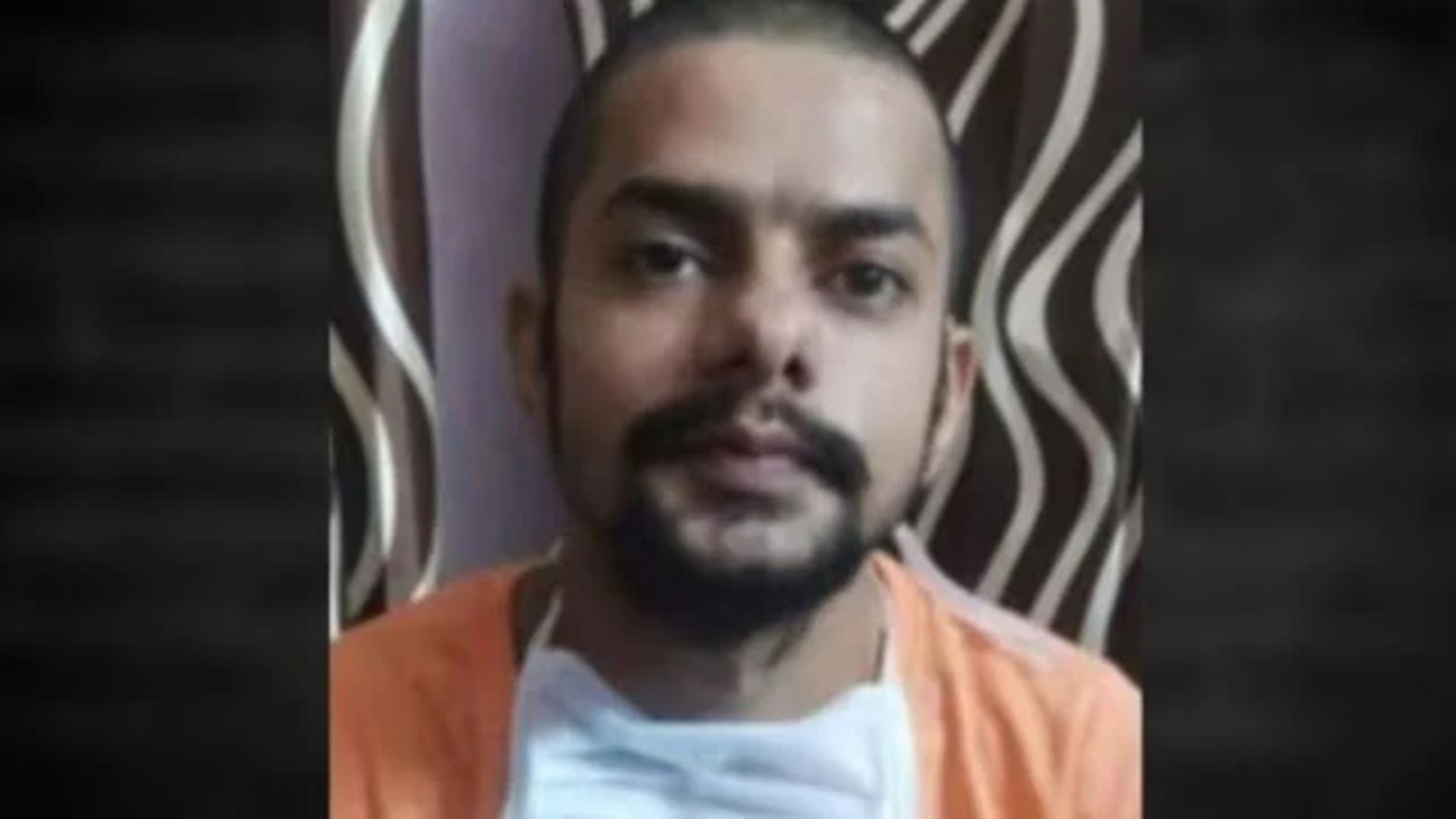 |
|
The recent detention of Anmol Bishnoi, younger brother of notorious gangster Lawrence Bishnoi, in California has sparked international collaboration between US and Indian law enforcement agencies. Anmol’s arrest, stemming from allegedly forged travel documents, highlights the intricate web of international crime and the challenges in prosecuting individuals who attempt to evade justice across borders. The US Immigration Department’s discovery of fraudulent documentation, specifically a forged reference letter, exposed Anmol's attempt to establish a new life in the United States after fleeing India in May 2022 using a fake passport under the alias Bhanu. This swift action underscores the effectiveness of international cooperation in tracking down fugitives. The subsequent meeting between FBI officials and senior Indian officials, including representatives from the CBI, demonstrates the seriousness with which both countries are treating this case. The 45-minute meeting focused on the evidence against Anmol, emphasizing the gravity of the situation and the determination to pursue justice. This cooperation between nations underscores the growing global effort to combat transnational crime.
The charges against Anmol Bishnoi are numerous and serious, encompassing alleged involvement in high-profile crimes that have garnered significant media attention. He is a prime suspect in the murder of popular Punjabi singer Sidhu Moosewala, a crime that sent shockwaves through the Indian entertainment industry. The National Investigation Agency (NIA) has placed a substantial reward on his head, reflecting the seriousness of this accusation. Furthermore, Anmol is implicated in the firing incident outside Bollywood star Salman Khan’s residence and the murder of former Maharashtra minister Baba Siddique. These allegations demonstrate a pattern of involvement in organized crime, potentially connecting Anmol to a larger criminal network. The Mumbai police have uncovered evidence, including an audio clip, implicating Anmol in the Salman Khan incident. This evidence reinforces the collaborative efforts between various Indian police forces to build a strong case against Anmol. The accumulation of evidence, including testimonies, forensic data, and intelligence reports, is crucial in ensuring a successful prosecution.
Anmol’s case also sheds light on the sophisticated methods employed by organized crime syndicates to operate across international borders. The use of forged documents and the ability to move freely across countries underscore the need for enhanced border security and improved international cooperation in tracking and apprehending criminals. The Lawrence Bishnoi gang's alleged operation, encompassing several states in India and potentially extending its reach internationally, further highlights the transnational nature of organized crime and the difficulties in dismantling such networks. The gang's alleged involvement in extortion further underlines the need for collaborative investigations across jurisdictions to effectively disrupt their operations and bring those responsible to justice. Anmol’s alleged management of extortion operations from abroad underscores the increasingly globalized reach of criminal organizations and necessitates more robust international law enforcement collaborations. The case highlights the need for improved information sharing and intelligence gathering between nations, so that criminals cannot exploit loopholes in international regulations and jurisdictional boundaries.
The outcome of Anmol Bishnoi’s case will have significant implications for both India and the United States. His potential extradition to India would set a precedent for international cooperation in combating transnational crime, demonstrating that no place is safe for those who flee the law. The successful prosecution of Anmol would send a strong message to other individuals considering fleeing their respective countries after committing crimes. A successful outcome also would allow for a more comprehensive investigation into the Lawrence Bishnoi gang's activities, potentially leading to the dismantling of the network. Conversely, if Anmol is not extradited, it could raise questions about the effectiveness of international collaboration in such cases. The case serves as a crucial test of the willingness and ability of international law enforcement agencies to work together effectively to bring those who engage in serious crimes to justice, regardless of geographic boundaries.
